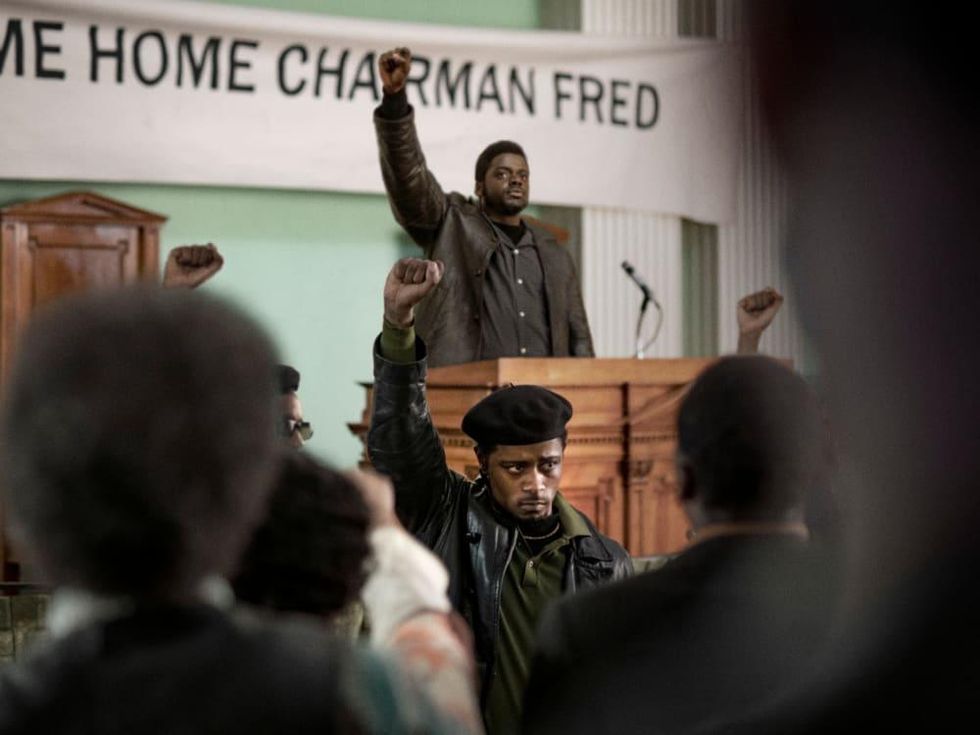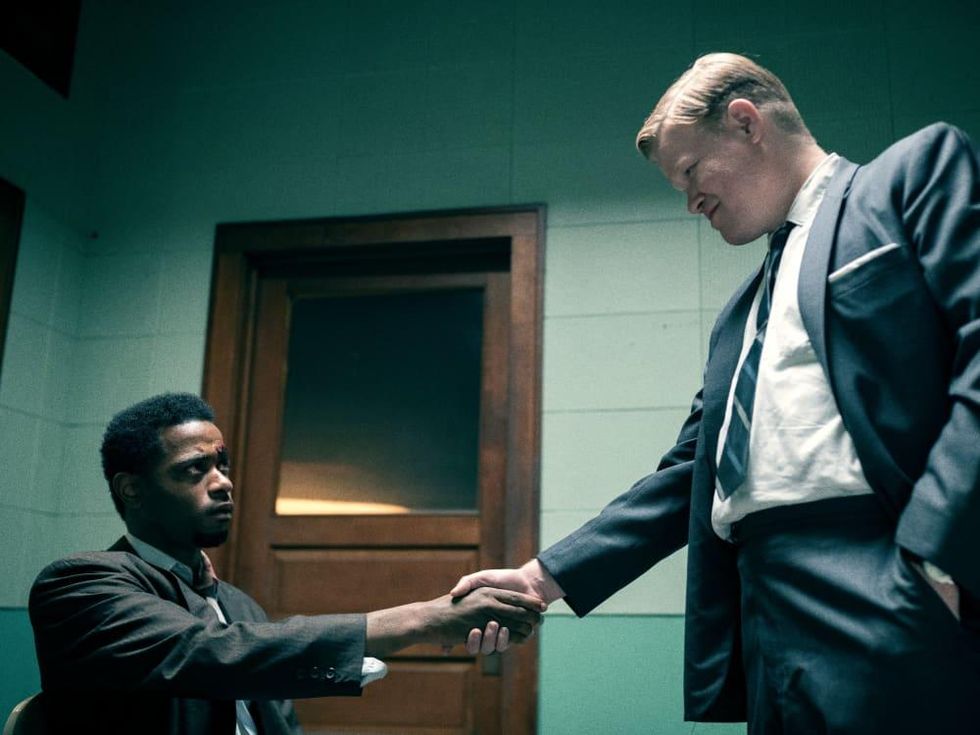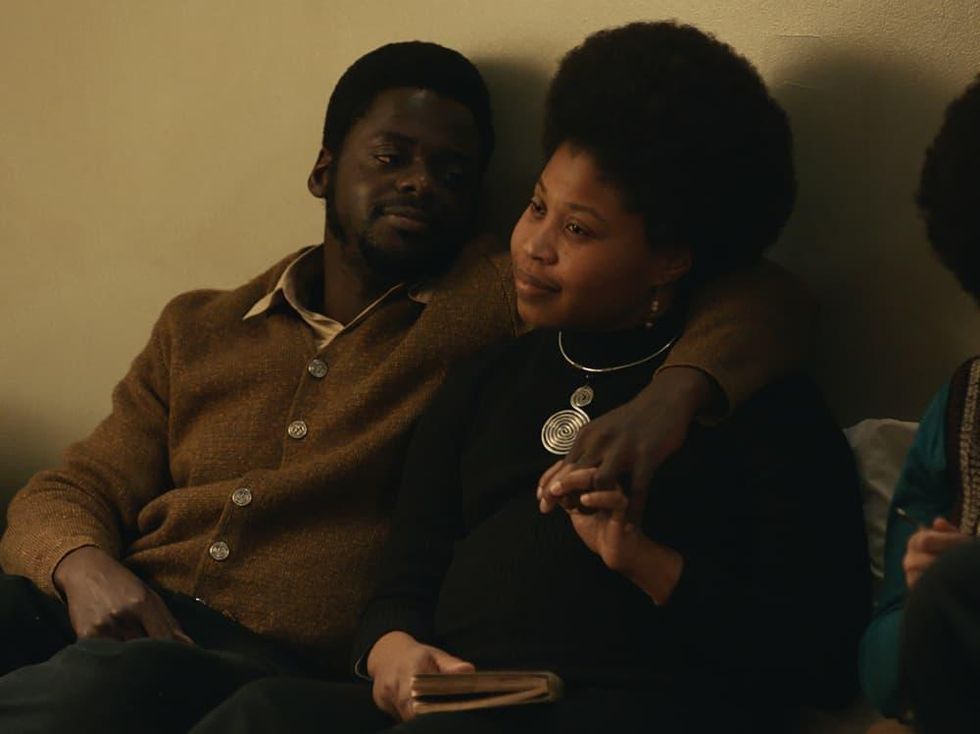Movie Review
Dual missions of Judas and the Black Messiah make for a mixed bag
When it comes to Black civil rights leaders in the 1960s, most of the historical and pop cultural focus has gone to Martin Luther King, Jr. and Malcolm X. The leaders of the Black Panther Party in the ’60s have not been as heavily covered, with the most notable movie about that time being 1995’s Panther by Mario Van Peebles.
The new film Judas and the Black Messiah attempts to illuminate another chapter in Black Panther history, this one featuring Chicago Chairman Fred Hampton (Daniel Kaluuya) and Bill O’Neal (LaKeith Stanfield), one of Hampton’s lieutenants who also happened to be an FBI informant. Hampton had a large vision for the Black Panthers, including forming a so-called “Rainbow Coalition” between them and other social revolutionary groups in Chicago.
As the recent documentary MLK/FBI deftly detailed, the bureau under Director J. Edgar Hoover (Martin Sheen) was doing everything it could to keep Black leaders under control, and informants such as O’Neal were an important part of their tactics. O’Neal had to walk an extra fine line, appearing to show allegiance to Hampton and the rest of the Panthers while still giving reports to Roy Mitchell (Jesse Plemons), his FBI handler. His responsibilities went up even more when Hampton was sent to jail on trumped-up charges.
Written and directed by Shaka King, the film feels stuck between two missions. King and co-writer Will Berson clearly want to put a spotlight on the Black Panthers and what they were trying to accomplish. But the main character of the film is O’Neal, and his ambivalence about being an informant and the various ways that the FBI would use him to undermine Hampton and others is given the bulk of the attention.
That imbalance leaves the story of Hampton and his journey without much heft to it. This is seen most clearly when the film delves into his relationship with Deborah Johnson (Dominique Fishbach). The two have a strong bond, but the emotions of that connection are lacking, not least because Fishbach doesn’t have the presence the character seems to require, especially when compared to Kaluuya.
More importantly, the ongoing conflict between the Panthers and all law enforcement agencies never feels as important as it should. The Panthers were treated as poorly as you’d expect by the mostly white forces, but the scenes showing their various confrontations are uninteresting, as if King was including them just to check something off the list to make sure the audience knows the cops were racist.
Both Kaluuya and Stanfield are as compelling as they’ve been in their previous roles, although Stanfield comes off a bit better thanks to the nuances of his character. Kaluuya speaks in such a unique manner – fast and with an odd accent – that a good amount of his dialogue is unintelligible. However, his inflection makes the meaning of his speech clear even when his words are not.
Ultimately, Judas and the Black Messiah falls short of its intended goal. Despite two strong lead performances, it never makes the case that it belongs in the category of such notable recent Black-led films as Da 5 Bloods and One Night in Miami.
---
Judas and the Black Messiah debuts in theaters and on HBO Max on February 12.




